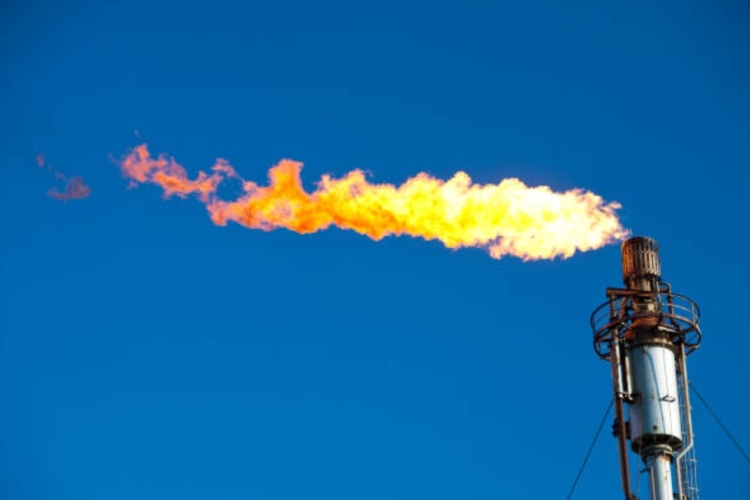
Donald Trump’s return as the 47th President of the United States has significant implications for the global hydrocarbon market. His commitment to expanding oil and gas production, coupled with an aggressive rollback of environmental regulations, promises to reshape energy markets, geopolitical alliances, and climate action.
Trump’s declaration of an energy emergency on inauguration day reveals his administration’s emphasis on domestic oil and gas production. By removing constraints imposed by the Biden administration, such as emissions regulations and subsidies for renewable energy, Trump seeks to accelerate fossil fuel exploitation. His administration has outlined several key measures, including expanding exploration on federal lands and offshore zones, resuming key infrastructure projects like the Keystone XL pipeline, and increasing natural gas liquefaction and exports.
READ | Financial inclusion: Business correspondent channel needs strengthening
These steps position the US to remain the world’s largest crude oil producer, with production expected to exceed 13 million barrels per day. This surge will likely lower global prices while intensifying competition with OPEC producers, particularly in Asia.
Impact on global energy markets
The Trump administration’s energy policies will amplify the US role as a dominant hydrocarbon exporter. With sanctions constraining Russian energy exports, US crude and liquefied natural gas (LNG) are poised to capture a larger share of global markets. For India, a major crude importer, Trump’s policies could strengthen energy security by providing alternatives to Russian supplies.
US shale oil and LNG, combined with competitive pricing strategies, could redefine trade dynamics across Asia and Europe. Simultaneously, increased US exports will heighten competition with OPEC nations, who rely heavily on Asian markets. Emerging markets in Africa and Latin America are also likely to witness intensified US outreach as American producers seek to diversify their customer base.
Climate action at a crossroads
Trump’s withdrawal from the Paris Climate Agreement, a move he reinstated on his first day back in office, signals a retreat from global climate commitments. His administration’s prioritisation of hydrocarbons over renewables threatens to derail efforts to limit global warming to 1.5°C. While technological advancements in fracking and LNG exports make energy more accessible, they come at the cost of heightened greenhouse gas emissions. The rollback of regulations, including those affecting offshore wind projects, underscores the administration’s shift away from sustainability in favour of short-term energy expansion.
In a surprising move, Trump reiterated his intention to reclaim the Panama Canal, citing unfair treatment of US vessels and favouritism toward China. While the feasibility of such a move remains doubtful, it adds a new layer of geopolitical tension. Control over the canal, a critical route for US hydrocarbon exports to Asia, would enhance America’s energy leverage but could spark international disputes. This rhetoric, though controversial, aligns with Trump’s broader strategy of using traditional energy to bolster America’s economic and geopolitical influence.
A new frontier for hydrocarbons
The Trump administration’s pro-hydrocarbon stance aligns with growing interest from US energy giants in the Mediterranean. Chevron’s entry into Greek hydrocarbon exploration highlights this trend, as geopolitical dynamics and the EU’s energy transition strategy create opportunities in the Eastern Mediterranean. With the expansion of exploration and concession grants in Greece and Cyprus, the US seeks to solidify its presence in a region rich in untapped potential. These developments could reshape Europe’s energy mix, particularly as the EU grapples with the high costs of its energy transition.
Trump’s energy policies prioritise affordability and security for domestic consumers. His Energy Secretary Chris Wright has emphasised the difficulty of displacing hydrocarbons in the global economy and advocates for a balanced approach to energy production. However, this focus on affordability and short-term economic benefits risks undermining long-term energy sustainability.
The administration’s rollback of subsidies for renewables and grid resilience initiatives compromises efforts to modernise the energy system in light of climate challenges. The emphasis on increasing oil and gas exports, while politically expedient, may have far-reaching consequences for the global energy transition.
Trump’s return heralds a hydrocarbon renaissance that could redefine global energy markets, intensify competition, and reshape geopolitical alliances. For nations like India, this offers opportunities to diversify energy imports. However, the retreat from climate commitments raises serious concerns about the long-term environmental impact.
As the world enters this new energy era, balancing economic growth with sustainability will remain a critical challenge. The global community must prepare for the ripple effects of Trump’s policies, which promise to be as transformative as they are polarising.
